After Parkland shooting, some call for mental health reforms while others want gun control
Officials called for gun control or mental health reforms after the shooting.
— -- Local officials in Parkland, Florida, and their federal counterparts are grappling with Wednesday's deadly school shooting and proposing what they believe are necessary changes.
Like so many prior school shootings and other mass shootings across the country, the debate over whether it is appropriate to discuss changes to gun control laws so soon after the tragedy is mixed in with grief.
And like so many other mass shootings, some shift attention toward the need for mental health support and treatment to prevent actions of future would-be shooters.
Here's a rundown of the split in the debate among local and federal officials who have come out of either side.
Calling for gun control discussions
Broward Schools Superintendent Robert Runcie
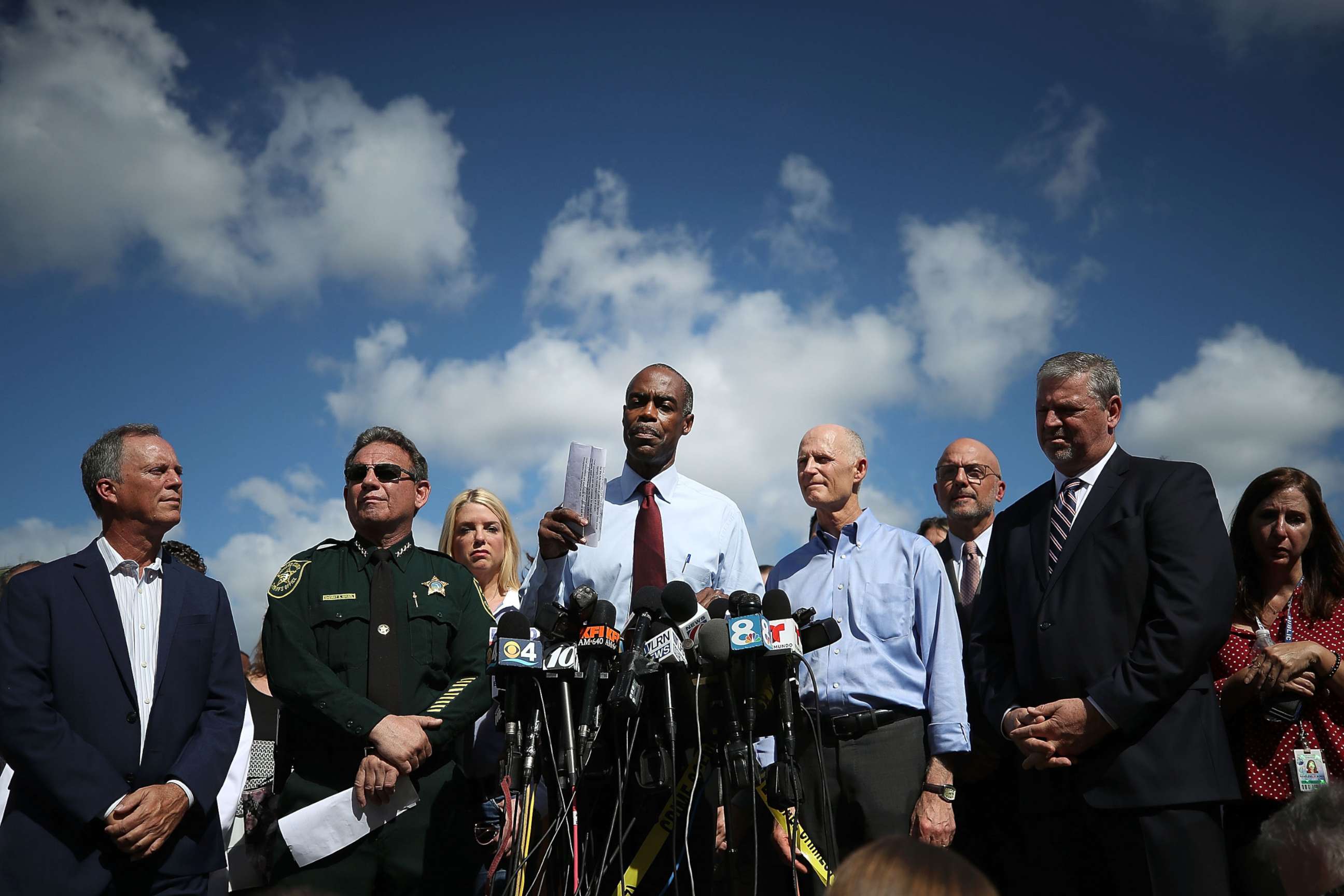
"Students have been reaching out to me, reaching out to staff, probably board members and others, saying that now, now is the time for this country to have a real conversation on sensible gun control laws in this country. So our students are asking for that conversation. And I hope we can get it done in this generation, but if we don't, they will," Runcie said at a joint news conference this morning.
"The second thing I would say, that the governor alluded to it," he added, referring to Gov. Rick Scott, "something we can do now and get done in the legislative session is some real funding for mental health support for our youth and organizations in our community so we can properly provide the right kind of interventions. We should not have disconnected youth wandering around in our communities and we know that they need additional support."
Sen. Bill Nelson
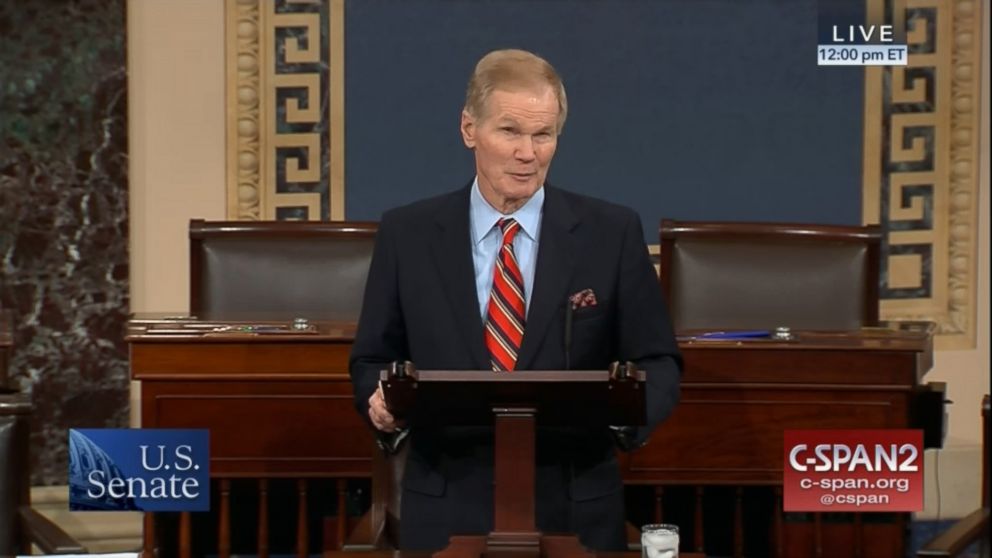
The Florida Democrat spoke on the Senate floor about how a pattern has evolved where Senators end up speaking out after mass shootings "to beg our colleagues to take common sense actions that we all know will protect our children."
"When is enough going to be enough?" he asked.
Treasury Secretary Steve Mnuchin
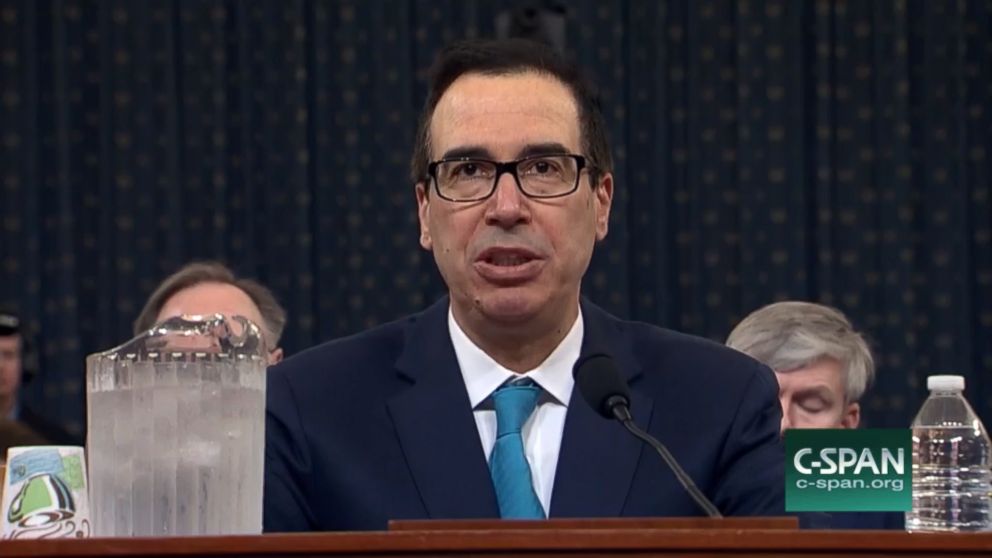
"I will say, personally, I think the gun violence -- it’s a tragedy what we’ve seen yesterday, and I urge Congress to look at these issues," Mnuchin said at a House Ways and Means Committee Hearing this morning.
He did not specifically use the phrase "gun control," but his comments are notable since he is the first senior Trump administration official to call for a review of gun-related issues in the wake of the shooting.
Focusing on mental health
Florida Gov. Rick Scott
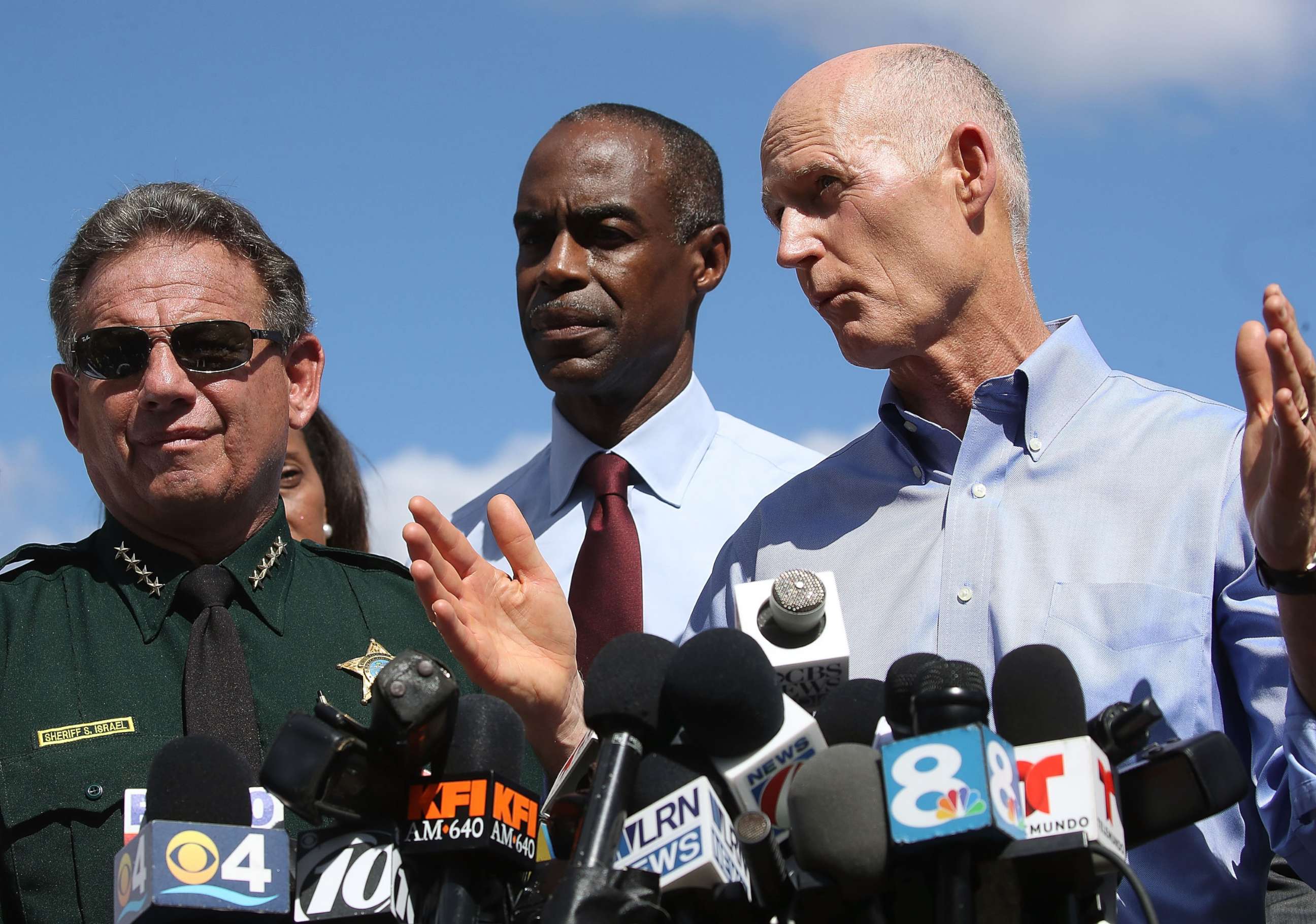
"Next week in Tallahassee, I'm going sit down with state leaders, we're going have a real conversation about two things: How do we make sure when a parent is ready to send their child to school, in Florida, that parent knows that child is going to be safe? Number two: How do we make sure that this individual with mental illness does not touch a gun? We need to have a real conversation so we have public safety for our schools in this state," Scott said at the joint news conference this morning.
"They're committed to provide the resources and have a real conversation about how do we make sure we have public safety. I want to make sure that my children, my grandchildren, yours, everybody in this state, can wake up and be safe. I'm going to stay here and do everything I can," Scott said.
Attorney General Jeff Sessions
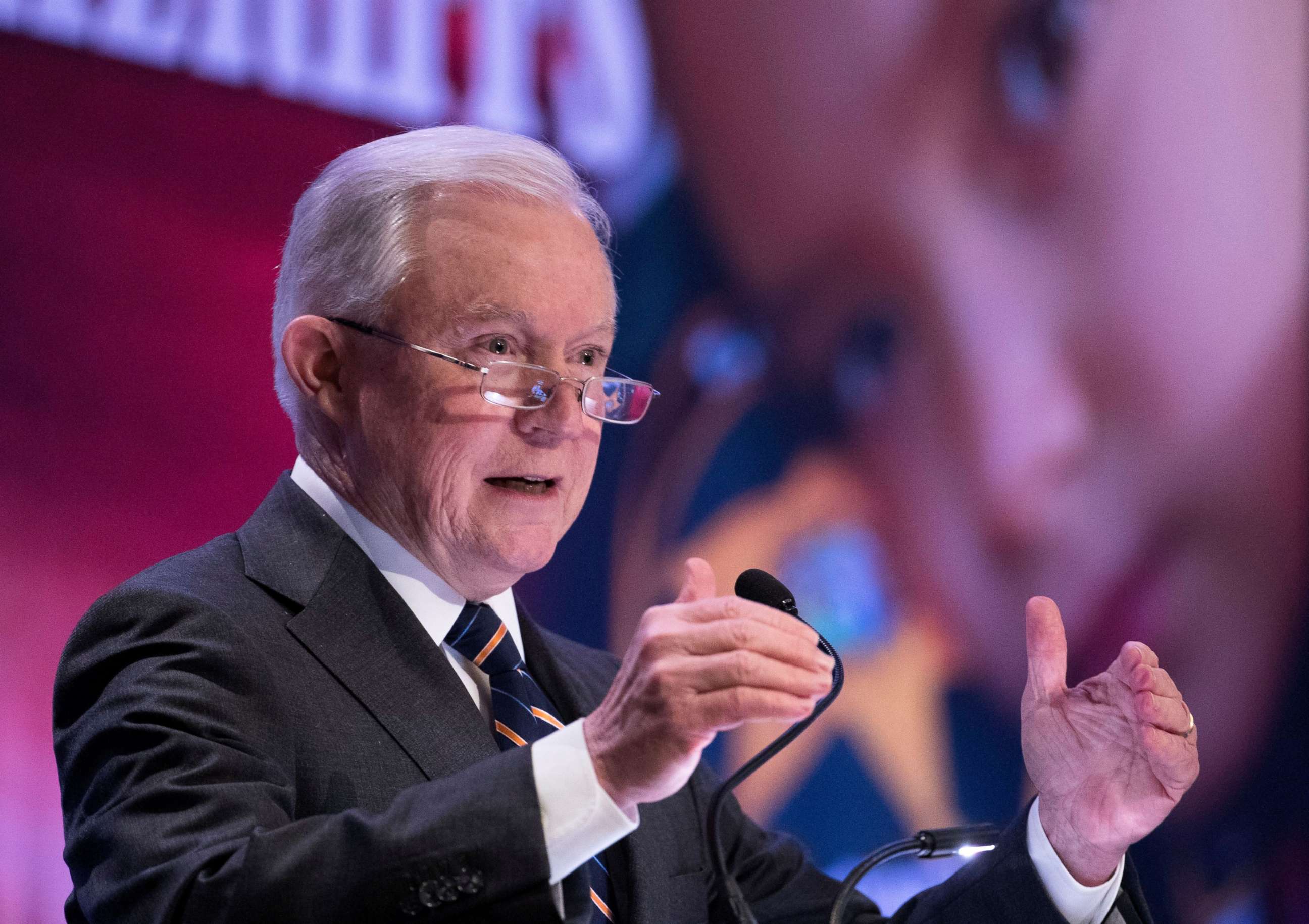
During a speech in Washington this morning, the attorney general called for "effective enforcement of our gun laws -- focusing on criminals and dangerous people, mentally ill people," before moving on to a new action he would like taken.
"So today I’ve directed my office of Legal Policy to work with our partners at Health and Human Services, Education, Homeland Security, and across this administration to study the intersection of mental health and criminality and identify how we can stop people capable of such heinous crimes," Sessions said.
President Donald Trump
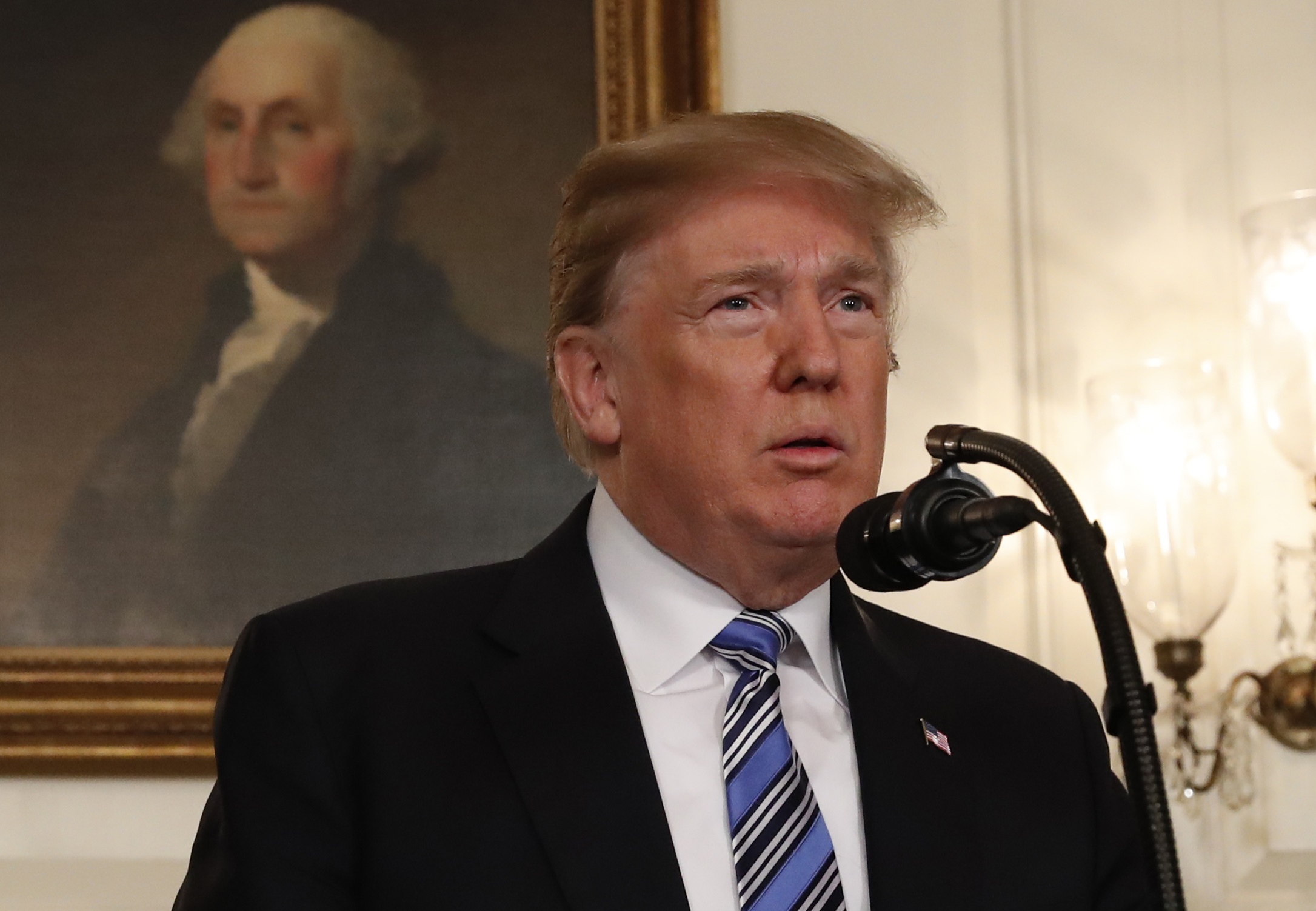
In his first televised remarks since the shooting, Trump never directly mentioned either mental health reform or gun control measures.
"It is not enough to simply take actions that make us feel like we are making a difference. We must actually make that difference. In times of tragedy, the bonds that sustain us are those of family, faith, community and country," he said this morning.
Earlier this morning, however, Trump did point to alleged mental health issues that were being reported about the suspect.
"So many signs that the Florida shooter was mentally disturbed, even expelled from school for bad and erratic behavior. Neighbors and classmates knew he was a big problem. Must always report such instances to authorities, again and again!" he wrote on Twitter.




